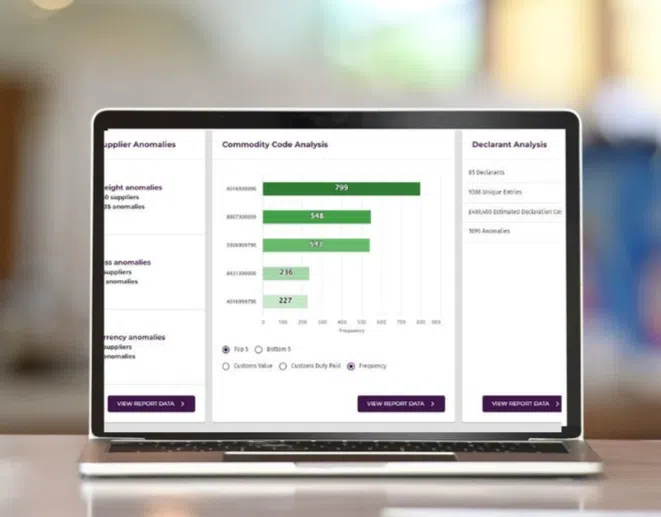Senior Accounting Officer and Implications for Customs Duty
The requirement for a qualifying company to appoint an SAO is outlined in Schedule 46 of the Finance Act 2009. For a company to be considered as qualifying for a financial year, it must meet certain criteria:
- be incorporated in the UK per the Companies Act 2006 for the financial year;
- exceed a turnover of £200 million, either alone or when aggregated with the turnover of other UK companies in the same group; and
- the company must have a relevant balance sheet total for the financial year, either of its own or when its balance sheet total is aggregated with those of other UK companies in the same group, of more than £2 billion or for the proceeding financial year.
The SAO is the appointed person within a company who is responsible for how its financial arrangements, particularly those for its tax accounting (including customs duty), are made. These tax accounting arrangements incorporate the applicable policies, procedures and responsibilities which underpin the management of the tax compliance of the business.
The SAO of a qualifying company must provide a certificate to HMRC after the end of a financial year stating that either:
- the company had appropriate tax accounting arrangements throughout the financial year, or
- the company did not have appropriate tax accounting arrangements throughout the financial year and provide details of the areas in which the arrangements were not appropriate.
Why should the Senior Accounting Officer need to consider Customs Duty?
While Customs Duty is included within the list of taxes covered by the SAO requirements, its materiality compared to other taxes can lead to it not being adequately considered when providing the certificate to HMRC. As with the other taxes, the SAO needs to be able to certify that adequate policies, procedures and responsibilities are in place for, among others:
- customs standing data
- customs transaction validation
- customs record retention
- understanding and managing customs duty compliance risks in the business
- implementing and maintaining adequate controls to mitigate these risks
- delegating tasks related to customs duty to third parties
If the SAO fails to comply with the requirements outlined in Schedule 46 of the Finance Act 2009, they may be liable to a penalty of £5,000 for each financial year in which the failure occurs.
We can help you get a handle on this …
Getting visibility of your customs landscape has historically been difficult. Customs is typically still very much a spreadsheet mentality within a business, which leads to increased risk and lack of clarity. CAT360, Barbourne Brook’s analytical software, can instantly turn your customs data into clear dashboards with actionable insights around risk and opportunity within the current structure. With good visibility, you are able to make better commercial decisions based on facts rather than feelings.

A great SAO strategy needs strong foundations
Our team of experts can help build these foundations, helping you eliminate risks and uncertainty.
Get in Touch
The Hop Merchant
21 Sansome Street
Worcester
WR1 1UH
Related Posts
15 April 2025
Protected: Product Recalls and Customs Duty: Hidden Costs, Missed Opportunities
In the food and beverage sector,…
8 April 2025
The Hidden Customs Risks That Could Derail Your M&A Deal
Why overlooked customs operations can…
3 April 2025
Liberation Day Tariffs: What UK Businesses Need to Know
The reintroduction of sweeping US…


